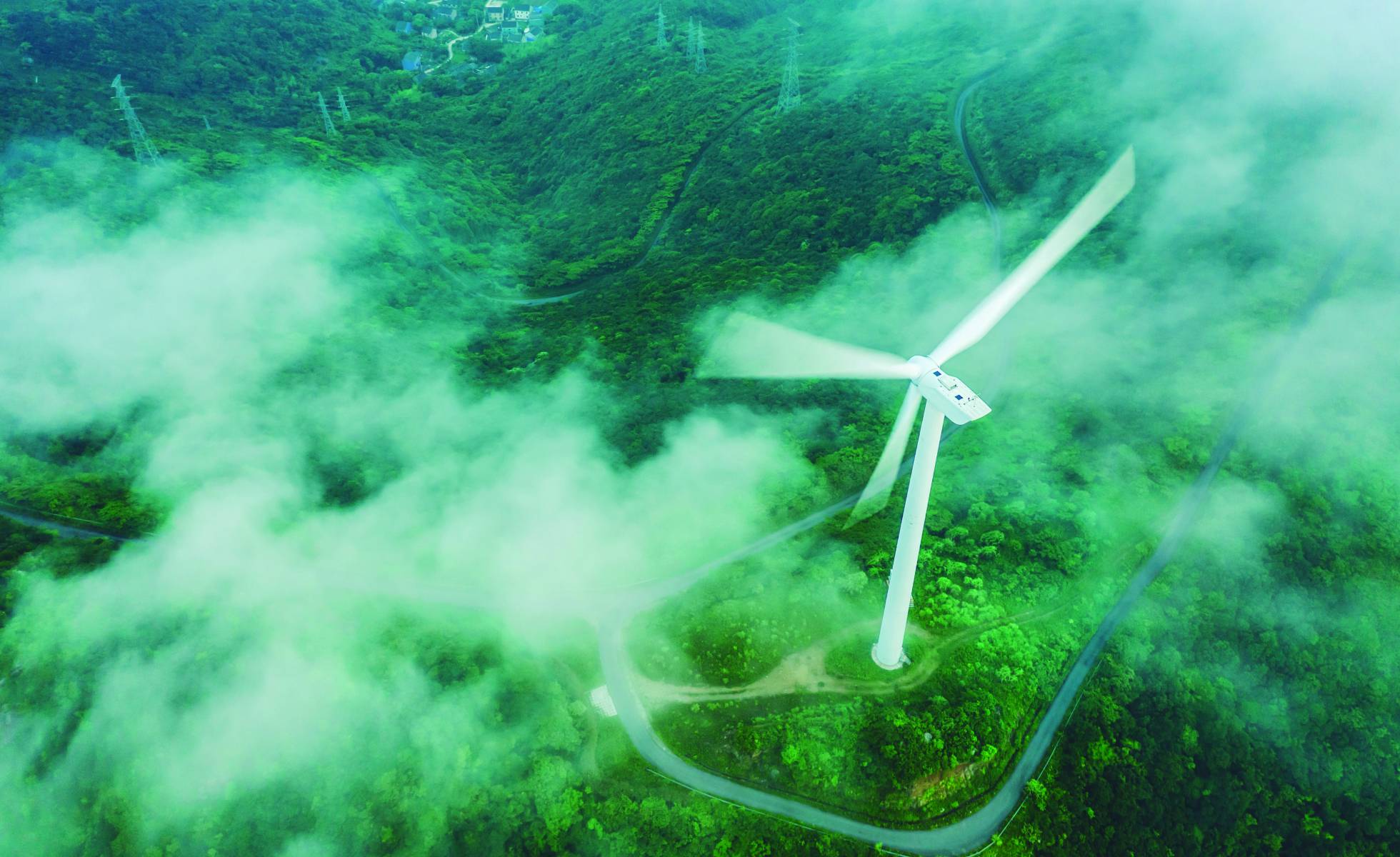Reducing greenhouse gases is one of the main tools to combat climate change. Most countries agree that it is necessary to develop decarbonisation and transition programs towards a greener and more sustainable economy.
The new president-elect of the United States, Joe Biden, has already announced that one of his highest priorities is the implementation of a Green New Deal that involves resuming the path of the Paris Climate Agreements.
The goal of the new Democratic Administration is to lead the fight against the climate emergency by revitalizing the energy sector and driving the growth of its entire economy.
Along the same lines is the EU, which advocates achieving climate neutrality by 2050. To achieve this, it is essential to undertake the decarbonisation of the current energy model.
Furthermore, the covid-19 pandemic has shown how important it is to live in a sustainable world. The latest proposals presented by the Government of Spain also go in this direction.
An example is the Integrated National Plan for Energy and Climate 2021-2030, which aims to reduce greenhouse gas emissions by 23% compared to 1990.
The project establishes a series of guidelines that should guide investment to transform the productive and economic fabric, and raises an investment of more than 240,000 million euros.
Its pillars focus on a change in the energy generation model towards clean instruments, the transformation of buildings into energy saving models, the creation of a large fleet of electric cars and the urban transition towards cities with low emissions.
In recent weeks, the Government has also published the Recovery, Transformation and Resilience Plan for the Spanish Economy.
This roadmap, which will guide the implementation of the 72,000 million euros of European funds until 2023, pays special attention to the ecological transition.
To achieve all these objectives, it is essential to raise awareness among the entire population and join forces. Only in this way will it be possible to move towards a production model that is far from fossil energy sources and carbon emissions.
“We must build a green economy, which requires a great change not only in how we do business but also in how we live,” said the president of Banco Santander, Ana Botín recently.
The bank works on numerous sustainable projects aimed at preserving the health of the planet. In line with its Responsible Banking strategy, the entity has committed to financing or facilitating the mobilization of 120,000 million euros between 2019 and 2025 and 220,000 million until 2030 to combat climate change. Only last year, it allocated 19,000 million euros for green financing.
Thus, Banco Santander has adhered to the Collective Commitment to Climate Action to accelerate the transition of the financial sector towards a low-carbon economy.
Also to the Alliance for Green Recovery (Green Recovery Alliance), promoted by the European Parliament, to support and promote the mobilization of green investment packages that act as accelerators of a transition towards climate neutrality and healthy ecosystems. In addition, at COP25 held in Madrid last year, the entity committed to being carbon neutral in 2020.
The bank’s commitment to the environment goes back a long way. Already in 2019, it was the world leader in financing renewable energy projects, with a total portfolio of 10,030 million euros at the end of the year distributed in 17 countries (166 wind and 145 solar projects), avoiding the emission of 63 million tons of CO2.
Also last year, the bank issued its first green bond worth 1 billion euros as a starting point for a sustainable global emissions plan and in June 2020 it issued a second bond for the same value.
At COP25 held in Madrid last year, the entity pledged to be carbon neutral in 2020
At the local level, the entity promotes numerous initiatives in the countries in which it operates to achieve its global objectives and also promote sustainable growth among its clients.
One of the last carried out in Spain has been the creation of the first seal evaluated by AENOR that qualifies the sustainability of Spanish SMEs to help companies with up to 50 million in turnover to obtain a sustainability rating that allows them to differentiate themselves from their customers and suppliers and to structure, know and improve the information and the level of implementation of areas of sustainability that may be needed in certain public tenders.



 Bitcoin
Bitcoin  Ethereum
Ethereum  Tether
Tether  XRP
XRP  Solana
Solana  USDC
USDC  TRON
TRON  Lido Staked Ether
Lido Staked Ether  Cardano
Cardano  Avalanche
Avalanche  Toncoin
Toncoin